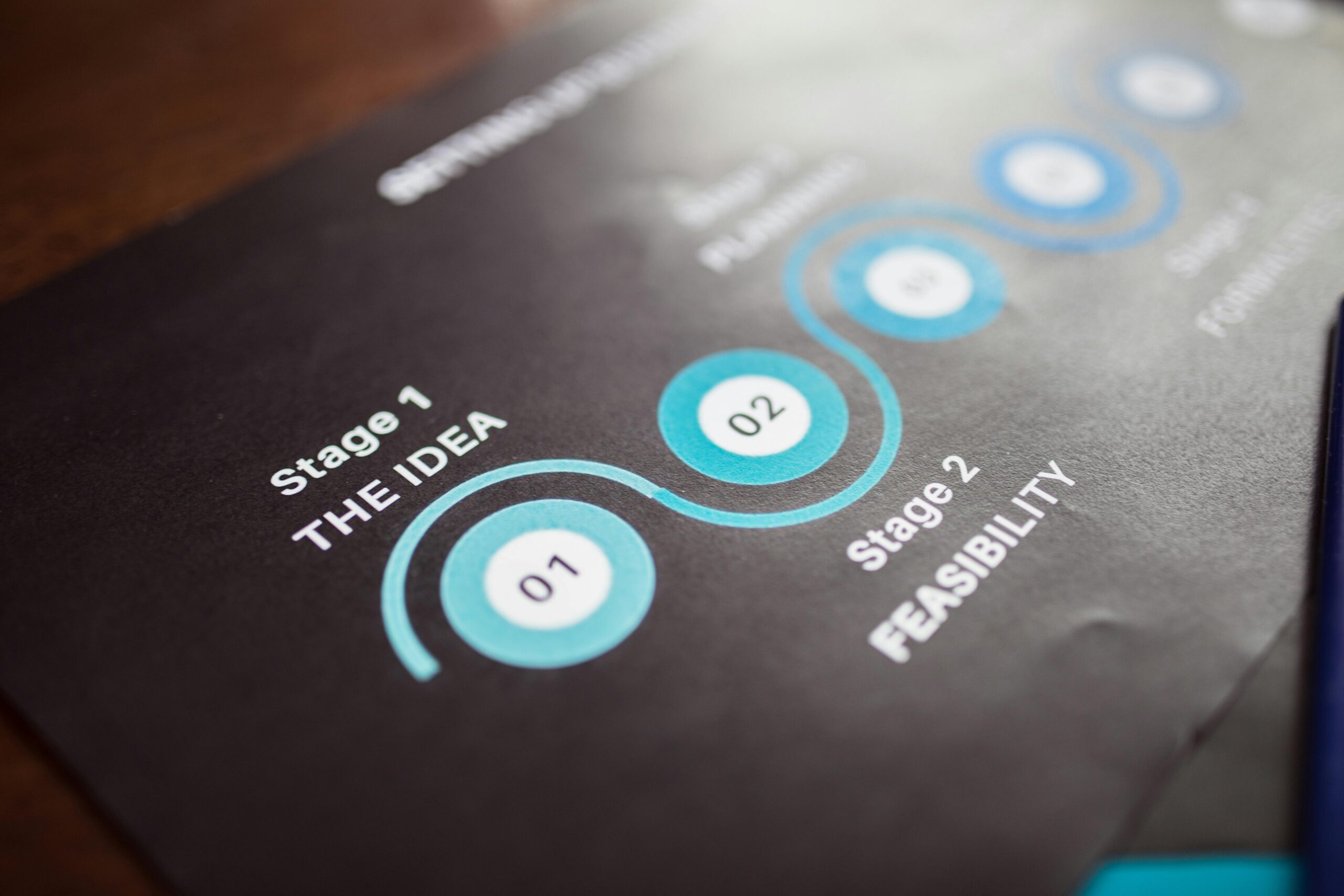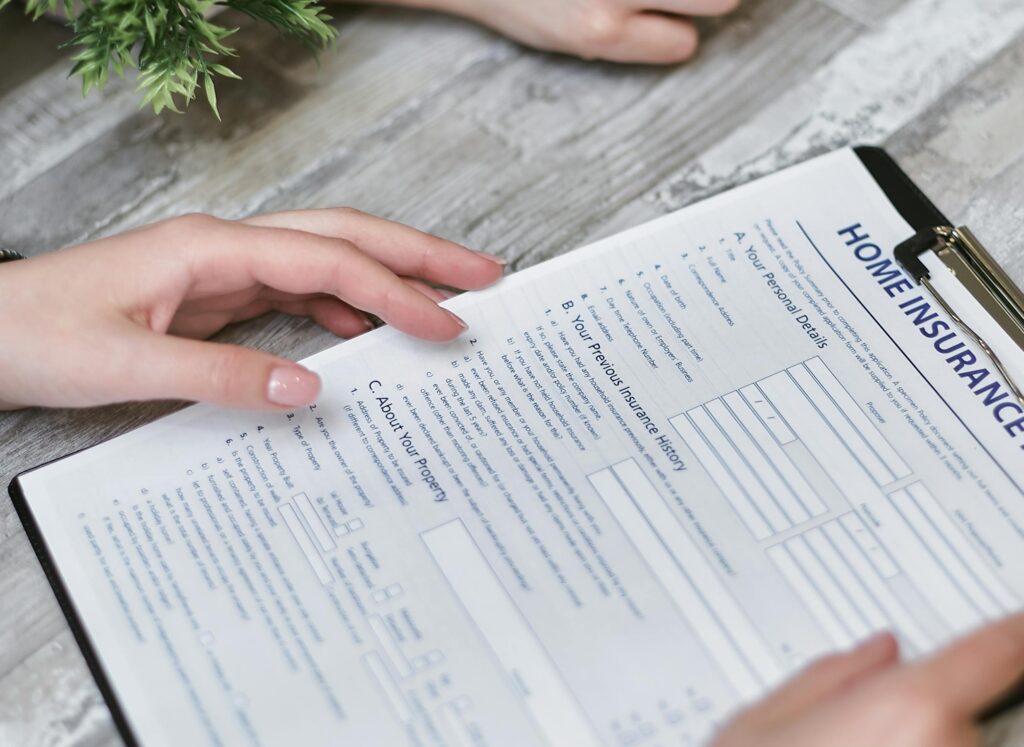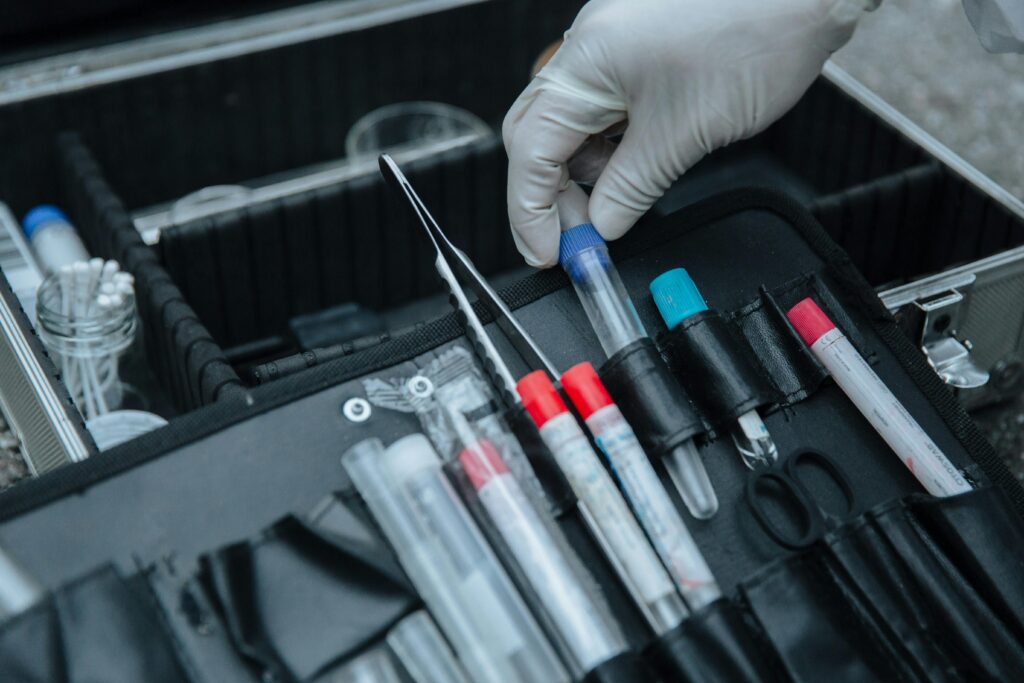Ever found yourself staring at a cease-and-desist letter because of an accidental patent infringement? Yeah, not fun. Licensing agreements might sound like dry legal jargon, but they’re your ticket to avoiding headaches—and lawsuits—while navigating the tricky waters of patent protection.
In this guide, we’ll explore how licensing agreements can protect you from costly mistakes, how patent infringement insurance fits into the picture, and what steps you need to take to stay on the right side of the law. You’ll learn about common pitfalls, real-world examples, and actionable tips for safeguarding your financial future. Let’s dive in.
- Key Takeaways
- Why Licensing Agreements Matter
- Step-by-Step Guide to Navigating Licensing Agreements
- Best Practices for Protecting Yourself
- Real-Life Examples and Case Studies
- Frequently Asked Questions
- Conclusion
Key Takeaways
- Licensing agreements help you legally use patented technologies without risking infringement.
- Patent infringement insurance is a safety net that covers litigation costs if disputes arise.
- Ignoring these agreements could lead to expensive lawsuits, damaged reputations, and business closures.
- Proactive research, clear communication with patent holders, and expert advice are your best tools.
Why Licensing Agreements Matter (And How They Save Your Bacon)
I once heard a story about a small startup founder who thought skipping over licensing fees would save her company thousands. Spoiler alert: it cost them millions when they were sued for patent infringement. This isn’t just “scared straight” storytelling—it’s reality. Ignoring licensing agreements is like ignoring fire alarms. Sure, nothing happens *most* of the time, but when something does, it’s catastrophic.

“Optimist You:” “We don’t need no stinkin’ licenses!”
“Grumpy You:” “Ugh, do you want to get sued tomorrow?”
What Exactly Is a Licensing Agreement?
A licensing agreement allows one party (the licensee) to use intellectual property owned by another party (the licensor). For example, using someone else’s patented technology requires permission via a licensing agreement. Without one, even accidental usage can land you in hot water.
How Does It Relate to Patent Infringement Insurance?
Insurance acts as a backup plan. Even with watertight agreements, disputes happen. Patent infringement insurance helps pay legal fees or settlements if things go south. Think of it as wearing both a helmet AND knee pads while biking—you’ve got layers of protection.
Step-by-Step Guide to Navigating Licensing Agreements
Step 1: Identify Relevant Patents
Before signing anything, know which patents apply to your product. Use databases like Google Patents or USPTO’s public search tool. If you skip this step, you’re basically walking blindfolded through a minefield. Oof.
Step 2: Negotiate Terms That Work for Both Parties
Work with the patent holder to negotiate terms. Whether it’s royalties, fixed payments, or exclusivity clauses, make sure everything aligns with your budget and goals. Pro tip: always have a lawyer review before finalizing.
Step 3: Document Everything
This seems tedious until you realize documentation is your lifeline during audits or disputes. Keep emails, drafts, and signed contracts tucked away safely.
Best Practices for Protecting Yourself
- Don’t Cut Corners: DIY agreements may seem cheaper, but mistakes here will haunt you later.
- Invest in Insurance: Patent infringement policies aren’t cheap, but neither are lawsuits.
- Monitor Usage Regularly: Just because you signed an agreement doesn’t mean you’re immune forever. Stay updated on any changes to the patents you rely on.
- (Terrible Tip Disclaimer): Someone online might suggest copying successful companies’ strategies verbatim. Please don’t; every case is unique!
Real-Life Examples and Case Studies
Consider Apple vs. Samsung—one of the most famous patent wars. While not directly related to credit cards, their courtroom battle highlights why licensing matters so much. A well-negotiated agreement could have saved both parties billions.

Frequently Asked Questions
Q: Can I use someone’s patent temporarily without a license?
Nope. Temporary use still counts as infringement. Don’t gamble here.
Q: What should I look for in a good patent infringement policy?
Coverage limits, exclusions, and whether defense costs are included upfront.
Q: Is hiring a patent attorney worth it?
100%. Their expertise ensures you avoid rookie mistakes that cost big bucks.
Conclusion
Licensing agreements and patent infringement insurance aren’t glamorous topics—but they’re essential for anyone dabbling in personal finance products tied to credit cards or other tech-heavy ventures. By proactively securing permissions and preparing for potential disputes, you shield yourself from crippling liabilities.
So grab that coffee, roll up your sleeves, and tackle these tasks head-on. After all, staying out of court means more time growing your empire instead of defending it.
Like a Tamagotchi, your SEO needs daily care.
Protect now, thrive later. Boom.


